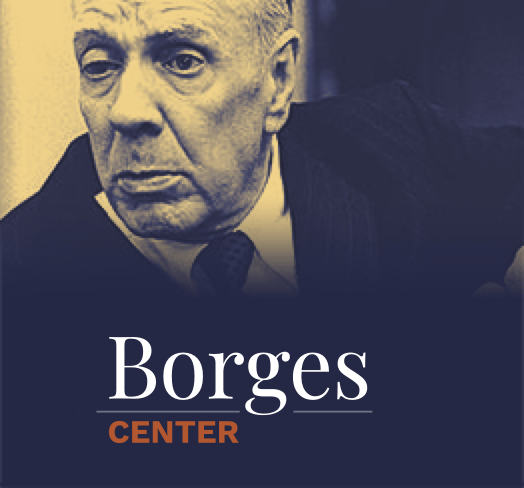port city in Ecuador.
Fishburn and Hughes: "The largest city in Ecuador, a port on the Pacific south west of the capital Quito, founded in 1536. It was here that on 26 and 27 July 1822 the two great figures of Latin American history, Bolívar and San Martín, met to plan concerted action to expel the final vestiges of Spanish power from Peru. 'Guayaquil' is based on this momentous meeting, and upon the legends surrounding the behaviour of the two great leaders. There is no record of what was said, but San Martín stepped down and handed over the command of his troops to Bolívar. Historians have offered different interpretations of the event. Bolívar's supporters maintain that San Martín's true aim was to secure Guayaquil for Peru and that, if Bolívar refused to accept the offer to serve under him, it was through deference to San Martín. CF 394: The official version offered in Argentine textbooks is that San Martín stepped down as an heroic act of self-abnegation, knowing that his own troops, who were already in Peru, would fight under another general, whereas Bolívar's troops, who were in Ecuador, would be unwilling to move south and fight under another commander, because of their personal attachment to Bolívar. San Martín realised that neither he nor Bolívar could defeat the Spanish alone. He therefore made the sacrifice, knowing that Bolívar would pursue the fight until independence was established. The two great leaders had different priorities and temperaments: Bolívar, who has been likened to Napoleon in his passion and intensity, was a political genius whose aim was to establish democratic republics in the former Spanish 84 colonies; San Martín, compared to Washington for his strength of will and grasp of practicalities, believed that military leaders should keep out of politics and that each country should establish the form of government best suited to itself." (83)




